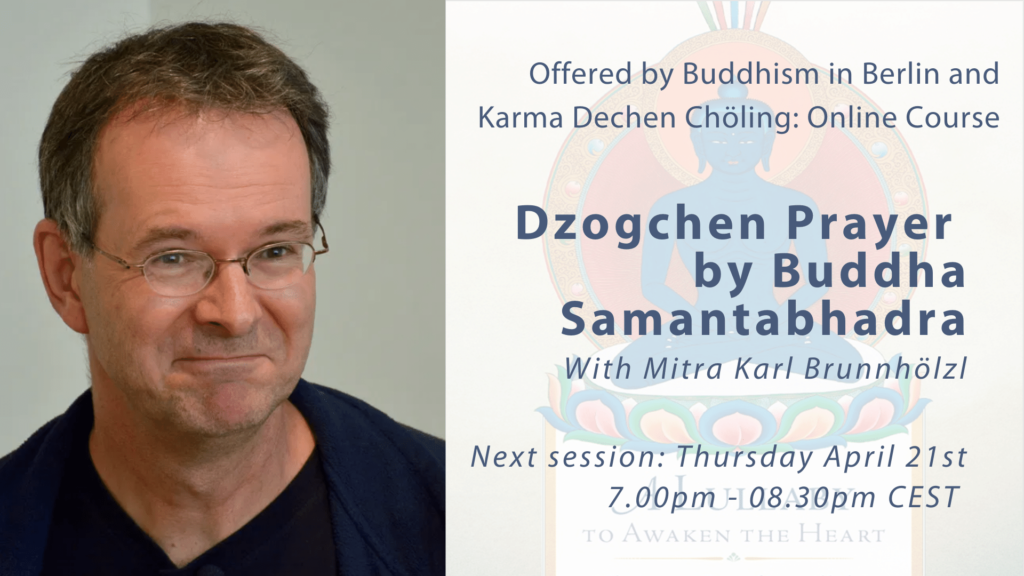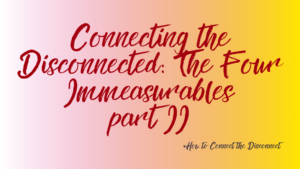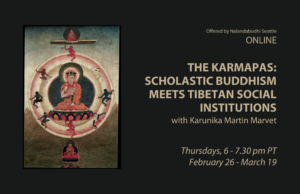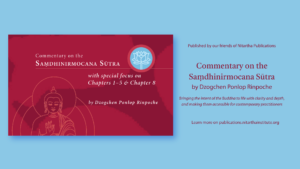Mitra Karl Brunnhölzl will teach on the Dzogchen Prayer by Buddha Samantabhadra (Küntu Zangpo Mönlam), in which – figuratively speaking – our Buddha Nature is asking us to finally recognize itself.
Hosted by our friends of Buddhism in Berlin & Karma Dechen Chöling, Karl will lead participants through this precious and celebrated text verse by verse which his very clear, humorous and interactive style.
Dates
The course starts 7th of april (7.00 – 08.30pm CEST) and might last for approximately fifteen months, consisting of two sessions per month. The second session is 21st of April (7.00 – 08.30pm CEST). From May onward, Karl will teach every 2nd and 4th Thursday of each month.
Recordings
Although participants are encouraged to attend each session live, recordings will be made available to everyone who registers for the course.
Language
Karl will teach in English, he will be simultaneously translated into Spanish, French, Russian and Polish, and most likely into more languages. You can contact Buddhism in Berlin about the language you might need.
Any Questions & Registration:
For more information and registration, please email: Buddhismus@Berlin.de
One of the most famous and often-recited Dzogchen texts
The Aspiration Prayer of Samantabhadra, one of the most famous and often-recited Dzogchen texts, is a uniquely profound prayer because it simultaneously takes place on two distinct levels and also serves as an immediate practice instruction.
Conventionally speaking, it appears to be an aspiration prayer by the primordial buddha Samantabhadra for all sentient beings to recognize the nature of their mind and thus become buddhas. Actually, however, it is an aspiration prayer of this very nature of the mind—the primordial basic awareness (rigpa) that is called “Samantabhadra”—to recognize itself, “its own face,” or its own essence, which is nothing other than beginningless perfect buddhahood.
Thus, it is a wake-up call by our own buddha nature to be revealed as it is by way of seeing through its adventitious fleeting obscurations.
The prayer not only outlines the profound view of Dzogchen in a nutshell but also provides clear instructions on how to discover the five wisdoms of a buddha in the very midst of our five main mental afflictions.






